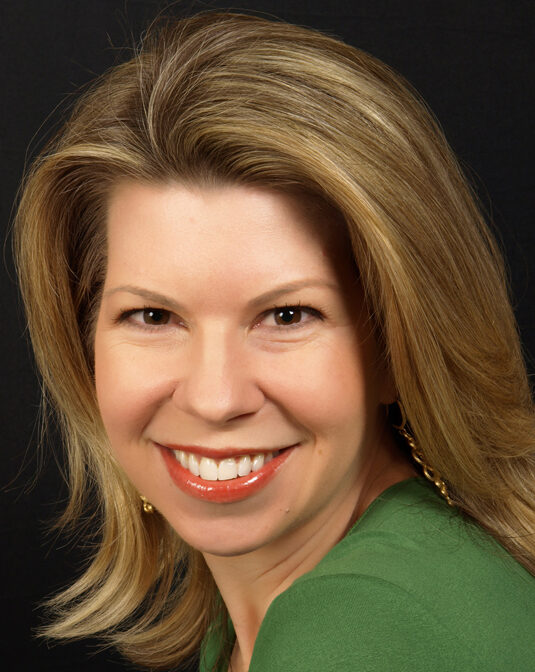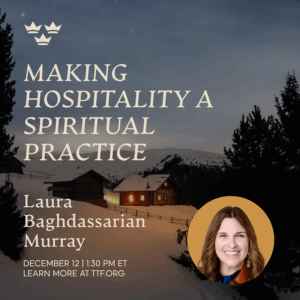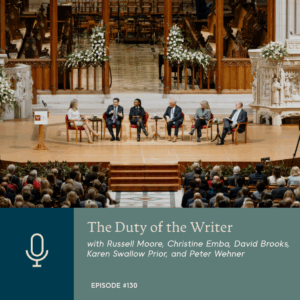The Challenge of Christian Nationalism with Mark Noll and Vincent Bacote
June 18, 2021
Overview
Speakers
-
 MARK NOLL
MARK NOLL -
 VINCENT BACOTE
VINCENT BACOTE -
 CHERIE HARDER
CHERIE HARDER
SHARE

